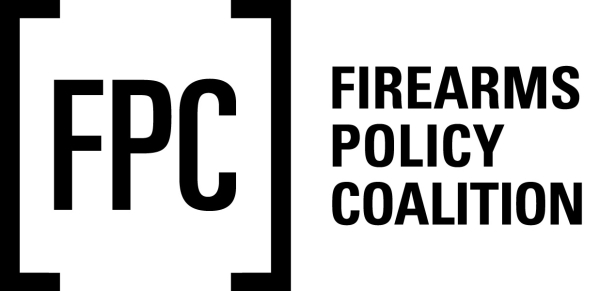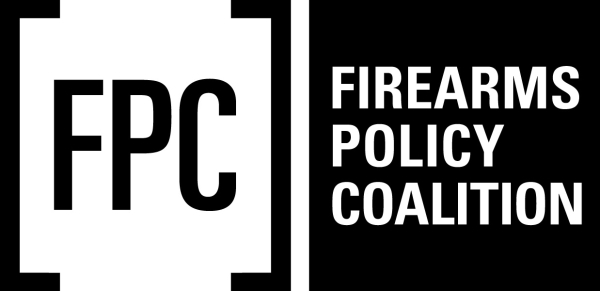FPC Brief: Removal of Comments on Government Facebook Page Violated 1st Amendment Rights
DENVER – Firearms Policy Coalition (FPC) has filed a motion seeking leave to file a proposed amicus brief with the United States Court for the District of Colorado in the case of Delbert Sgaggio v. De Young, et al., a case where the magistrate judge recently concluded that Sgaggio’s criticism of City of Woodland Park, Colorado government employees was “obscene” and therefore unprotected by the First Amendment. The proposed amicus brief, authored by Eugene Volokh and FPC’s Matt Larosiere, can be found at FPCLaw.org.
In 2018, Mr. Sgaggio posted comments critical of the Woodland Park Police Department on the police department’s and the City’s respective public Facebook pages. His sharp and stinging criticisms of the City and its employees, in which he referred to local law enforcement as “punk ass pigs,” “bitches” and “dirty ass cops,” were deleted and he was banned from posting on the government’s page. Sgaggio sued, claiming the City violated his rights protected under the First Amendment.
“Once the government lets the public comment on government Facebook pages, it can’t block particular comments based on the viewpoint they express – and that’s exactly what happened to Mr. Sgaggio,” said Volokh, a UCLA law professor who has written extensively on the First and Second Amendments.
Last month, in response to the defendants’ motion for summary judgment against Sgaggio, then-Magistrate Judge Kathleen M. Tafoya issued her Report and Recommendations. In that Report, the Court included a number of findings against Sgaggio and recommended the District Court grant summary judgment in the defendants’ favor. However, her Report appears to have copied the First Amendment analysis nearly verbatim from the Defendants’ motion for summary judgment and their reply, and concluded that the speech in question was “obscene,” which would make it categorically unprotected by the First Amendment. The report also rejected Mr. Sgaggio’s Free Press Clause argument that he was entitled to free press protection as an independent reporter commenting in the interest of the public, ruling that Mr. Sgaggio was not a reporter because he is not a member of the institutional press.
But such speech is indeed protected under the First Amendment, and the institutional press has no greater rights than do regular members of society. And because of the serious and dangerous flaws in Magistrate Judge Tafoya’s Report, which if allowed to stand puts much speech critical of the government at risk of penalty or criminal prosecution, FPC filed a brief supporting Sgaggio’s objections.
FPC’s brief argues that the defendants’ motion for summary judgment should have been denied and that the Magistrate Judge’s analysis erred. The brief also focuses heavily on the plaintiff’s disputed speech, arguing none of the comments posted qualify as legally obscene.
“[Plaintiff Sgaggio’s speech] involved sharp, even insulting criticism of government officials,” the FPC brief says. “That speech is no more obscene than the ‘Fuck the Draft’ jacket that the Court held to be constitutionally protected in Cohen—and indeed is less vulgar than that jacket.” Moreover, “[t]he government may disagree with that viewpoint, and may find it immoral or scandalous or otherwise offensive,” the brief argues, “[b]ut that is a viewpoint-based reason for restricting the speech.”
FPC will continue to monitor this case for further developments and engage its legal resources as necessary to protect the public’s speech, especially that critical of the government and its employees.







